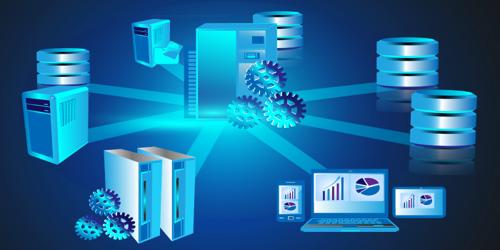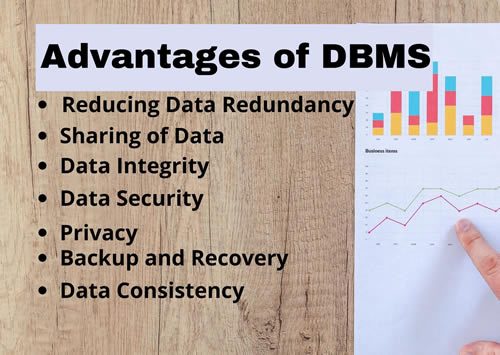Blogpost #2
What is A DBMS DATABASE MANAGEMENT SYSTEMS
- A Collection of Computer Programs that Allow Storage, Modification and Extraction of information from a Database.
- Data Definition - the DBMS must be able to Accept Data definitions (external, internal and conceptual schemas, and all associated mappings) in source form and convert to the appropriate object form
- Data Manipulation - The DBMS must be able to handle request from the user to retrieve and possibly update existing data in the database, or to add a new data to the database.
- Data Security and Integrity - the DBMS must be able to monitor user requests and reject any attempts to violate the security and integrity checks defined by the database administrator
- Data Recovery and Concurrency - the DBMS must have the capability of recover from, or minimize the effects of a system crash
- Data Dictionary - The DBMS must provide a system database dictionary.
Advantages of DBMS
1. High cost of DBMS
- Purchasing Database Management software Are Expensive
2. Higher Hardware Cost
- DBMS software requires Powerful Hardware to Work Properly and Efficiently
- requires large size memory and high speed processor
- A DBMS is a complex system
- technical staff such as Database Administrator and Application A Programmer is Required to Manage DBMS
- You have to pay Good wage to the Technical Staff


Comments
Post a Comment